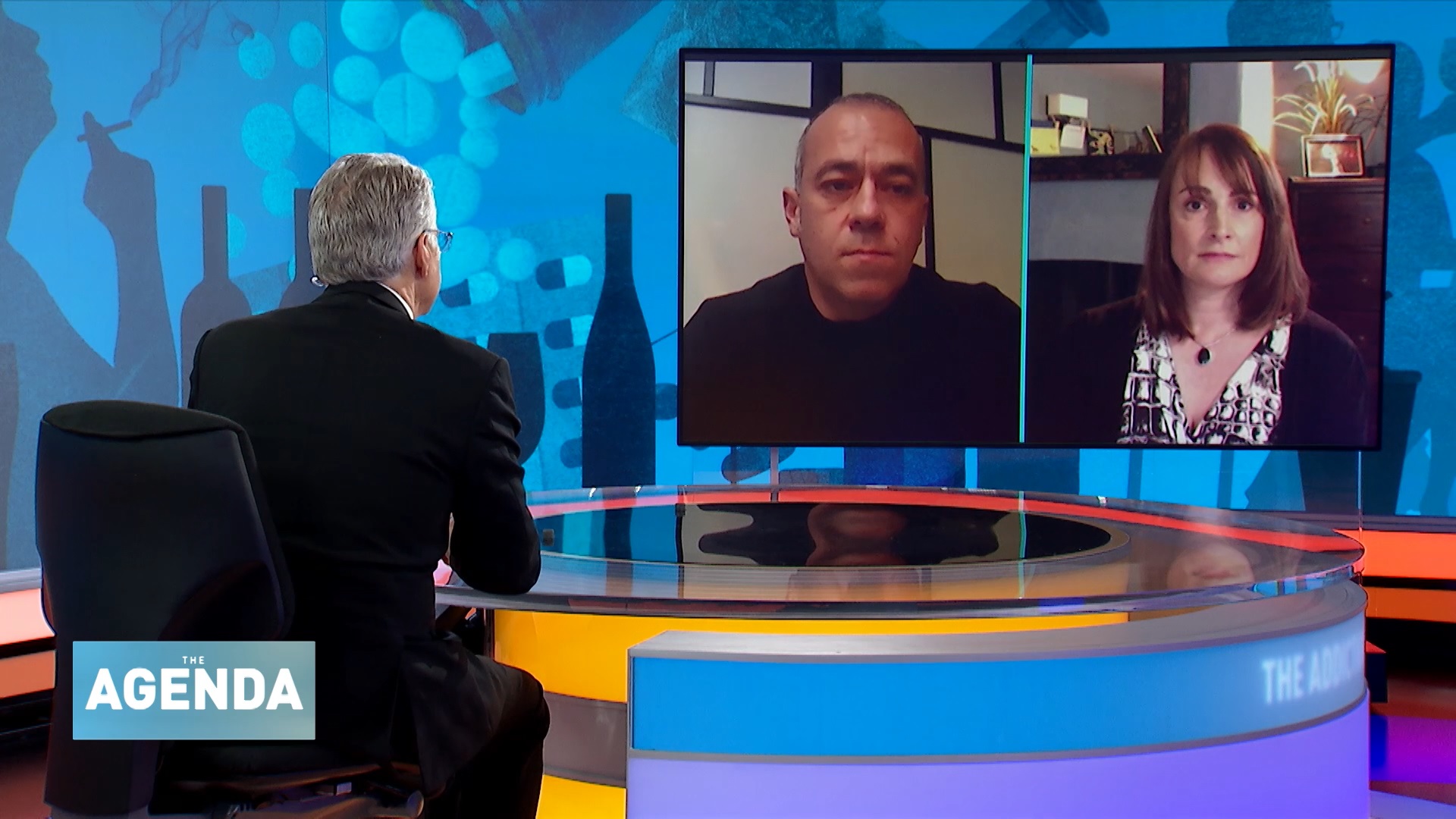11:12

WHAT'S THE ISSUE?
There are almost as many treatments for addicts as there are types of addiction. And finding the right treatment for the individual in question is absolutely key in facilitating their ability to give up their addiction for good. So here, Stephen Cole speaks to two treatment experts – clinical hypnotherapist Sarah Russell and Nuno Albuquerque, head of treatment at UK Addiction Treatment – about how to break what could be a deadly habit.

WHAT DO THEY SAY?
"The core of any treatment is to understand what triggered the symptom," says Albuquerque. "So the addiction for drug addiction, for example, or gambling addiction is just a symptom. We try to understand what triggered that person to get addicted."
But that is just the beginning of the treatment decision: "It really depends on the person and it depends on their addiction," says Russell. "Something like smoking is very much a pattern-led habit with very little emotionally driven behaviour. Something like cocaine is very different. There is a lot of psychology involved."
However, that psychology isn't common to all addicts. "It's a common misconception that people think that they have an addictive personality," says Russell. "There are so many different factors that contribute sometimes that there can be a genetic tendency, but it's very rarely just one thing."

THE KEY QUOTE
"The key is to try to understand what triggered that person to get addicted" – Nuno Albuquerque, head of treatment at UK Addiction Treatment.
WHAT'S NEXT?
One of the future concerns both experts share is the effect the COVID-19 pandemic will have on addiction and addiction treatment. "Addiction comes from the brain, and that changes as the world around us changes," says Albuquerque. "We've been living under lockdown for a year, more or less, so, we live in fear and uncertainty almost every day. We never know what's going to happen next."
That can have a worrying knock-on effect: "What's changed is that people are delaying seeking help, to get in touch, to be admitted into treatment," reveals Albuquerque. "They're worried they might be infected during treatment."
CLICK: FOR MORE STORIES FROM THE AGENDA WITH STEPHEN COLE

